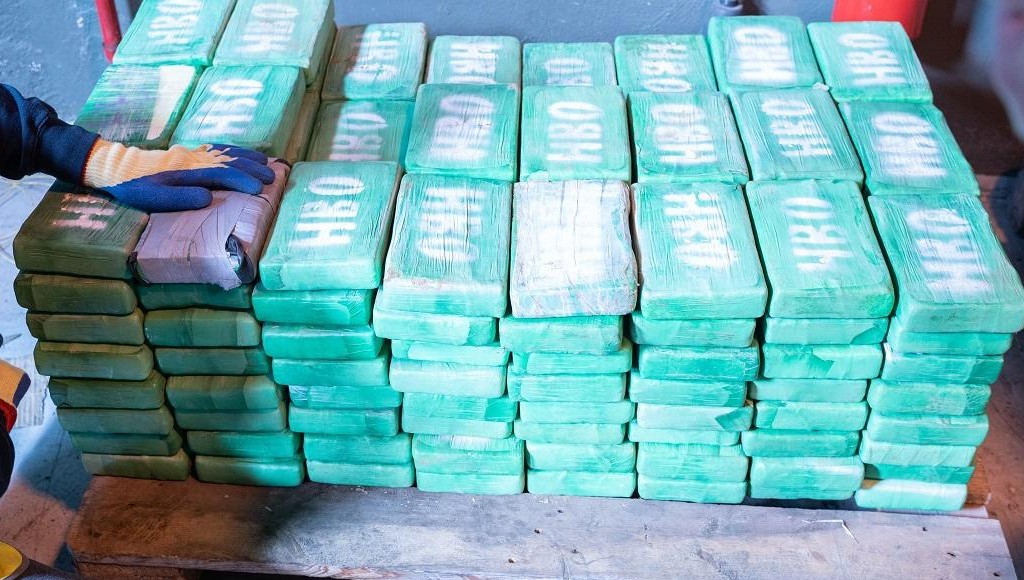Turkish criminal networks involved in the cocaine trade between the Middle East and Latin America have recently merged with fentanyl trafficking, according to a report by Homeland Security Today.
The article examines Turkey’s history of drug trafficking, including its role as a bridge between source and destination countries for heroin in the 1970s and 1980s.
The report suggests that politicians, bureaucrats and criminal groups in Turkey are involved in the cocaine trade, which has flourished under the current government’s authoritarianism. The article notes that the purging of more than 95 percent of anti-drug trafficking teams after corruption scandals in 2013 and a coup attempt in 2016 has created a favorable environment for criminal markets in the country.
A recent seizure of 480 barrels of fentanyl in Guatemala, which were found in containers of a Turkish-flagged vessel, highlights Turkey’s involvement in drug trafficking. The report suggests that the Grey Wolves, a far-right paramilitary organization affiliated with the Nationalist Movement Party (MHP), may be involved in cocaine trafficking in Mersin, a port city in the Mediterranean, and may have links to the Sinaloa Cartel in Latin America.
Despite many cocaine seizures in Turkey and Latin America, Ankara has failed to shed light on these investigations, and Turkish law enforcement appears reluctant to cooperate with the seizing countries. The report argues that cooperation between Turkish and Guatemalan officials is necessary to trace recent seizures and investigate the involvement of criminal groups.
According to a recent report by the United Nations Office on Drugs and Crime (UNODC), Turkey’s role as a transit country for cocaine has been growing since the amount of the drug seized in the country has increased sevenfold since 2014.
According to the report, titled “Global Report on Cocaine 2023,” the cultivation of coca bush saw an increase of 35 percent globally between 2021 and 2022, while the amount of the drug seized in Turkey increased to a record 2.8 tons in 2021.
The report said some of the cocaine reaching Turkey arrives after transiting through West Africa and some comes directly from Latin America, with the outbound cocaine flowing westwards from Turkey through the Black Sea and the Balkans, a route traditionally associated with the trafficking of opiates and the smuggling of cigarettes.
According to HSToday, the elections in Turkey slated for May 14 could impact drug trafficking routes in the country as a victory by the opposition would return the country to its democratic setting, and Turkey could close its doors to drug trafficking and fix its tarnished image as a cocaine hub. However, if the government wins, the drug networks among Turkey, the Middle East and Latin America could continue to flourish.

